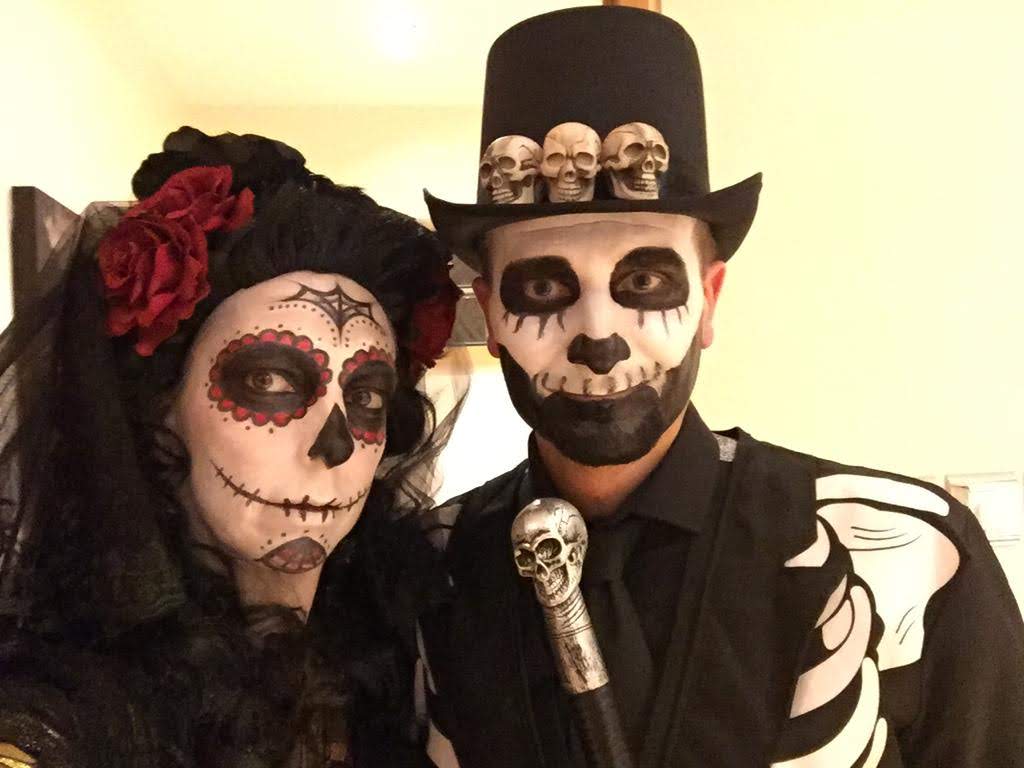Climate Change – Far off fears appear small
Why aren’t we more afraid of global warming / climate change, asks the Independent (UK)
Our perception of the threat posed by climate change is also skewed by how it’s presented to us, says Salamon, who points out that climate stories often aren’t written in such a “visceral” way as news stories about stabbings or cases of coronavirus.
“People just aren’t getting the full story, which is that the food system is going to collapse. civilisation is going to collapse,” she says. “Billions of people are going to die, you could very well die, your family could die, the stakes could not be higher. But we just don’t hear that.”While the consequences are likely to be “absolutely horrifying”, Salamon continues, two degrees of global warming and the loss of polar bears can sound “distant” in a way that doesn’t evoke the justified response.
Rare events like terrorism, which present a lightning-strike risk to most people, inspire far more emotional responses in many of us. Ideas of proximity are key here, says Dr Patrick Kennedy-Williams, a clinical psychologist and co-director of Climate Psychologists.
It doesn’t come across as the existential threat to humanity that it is. And yet, inducing a sense of panic isn’t useful either. It’ll take concerted collective action to fix, and that’s part of the problem too. You individual actions seem to mean little, and there isn’t enough of a push from the top to make enough difference yet either. So, it seems vague, far away and there’s a lot of more immediate concerns to keep us all occupied. But like an avalanche, it’ll arrive and when it does, it’ll be too late.
